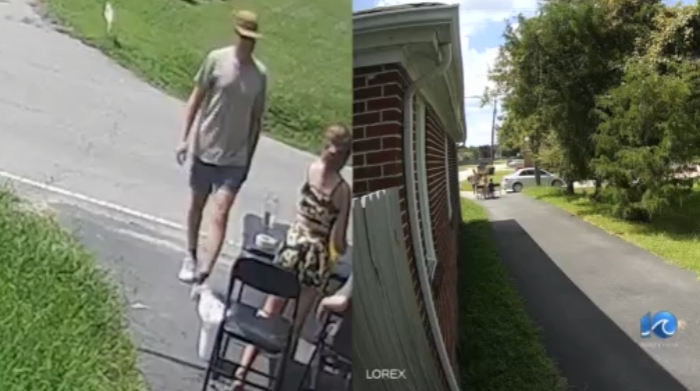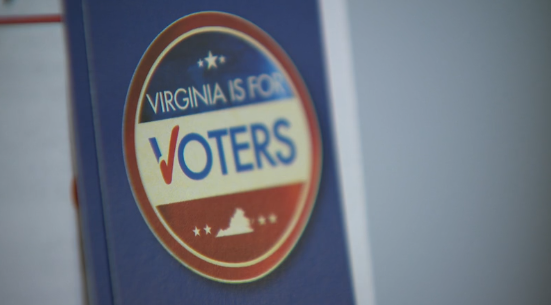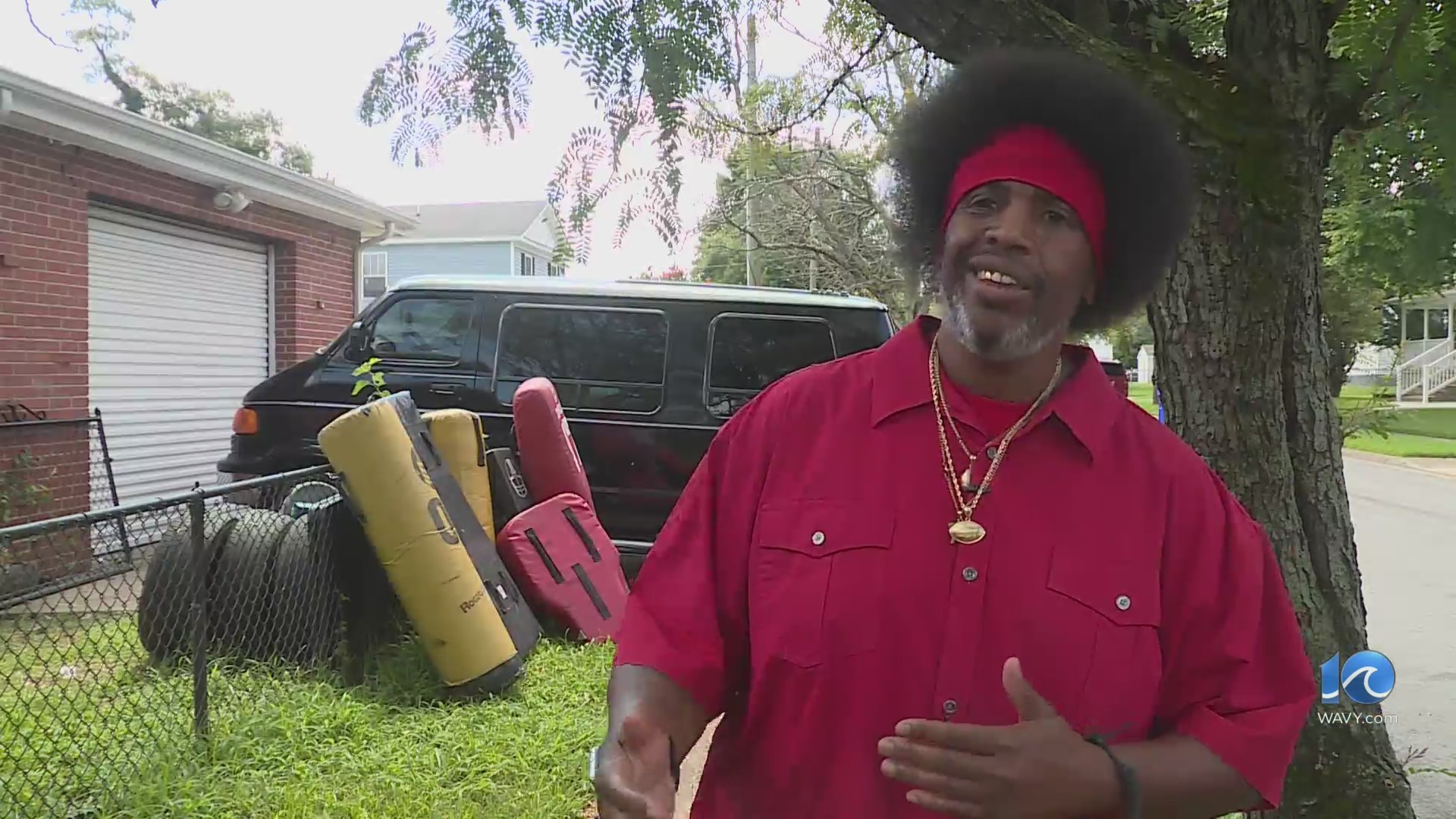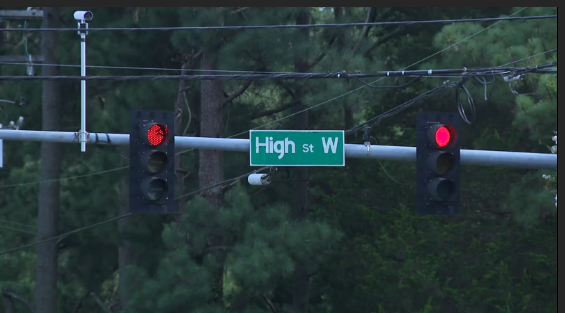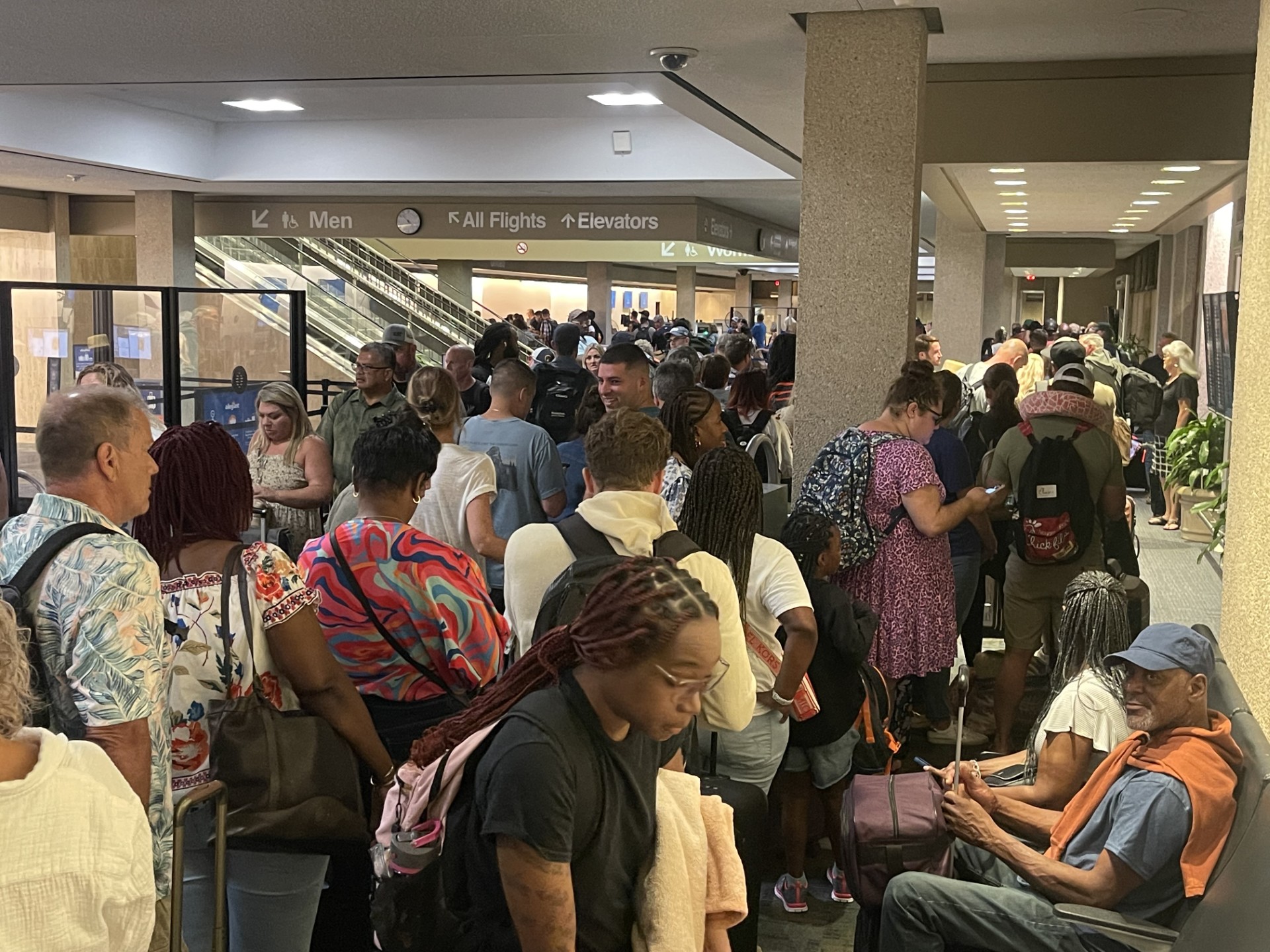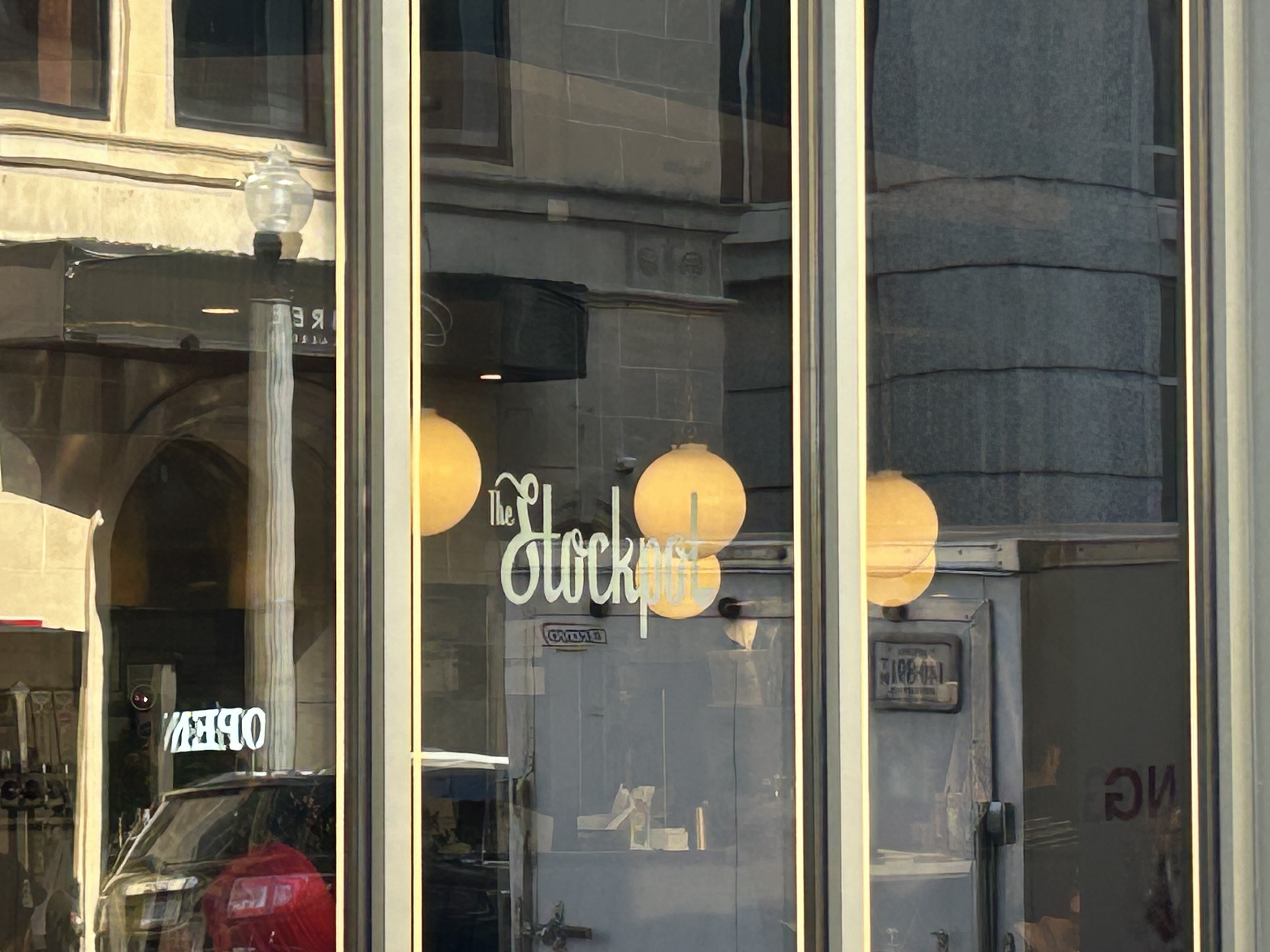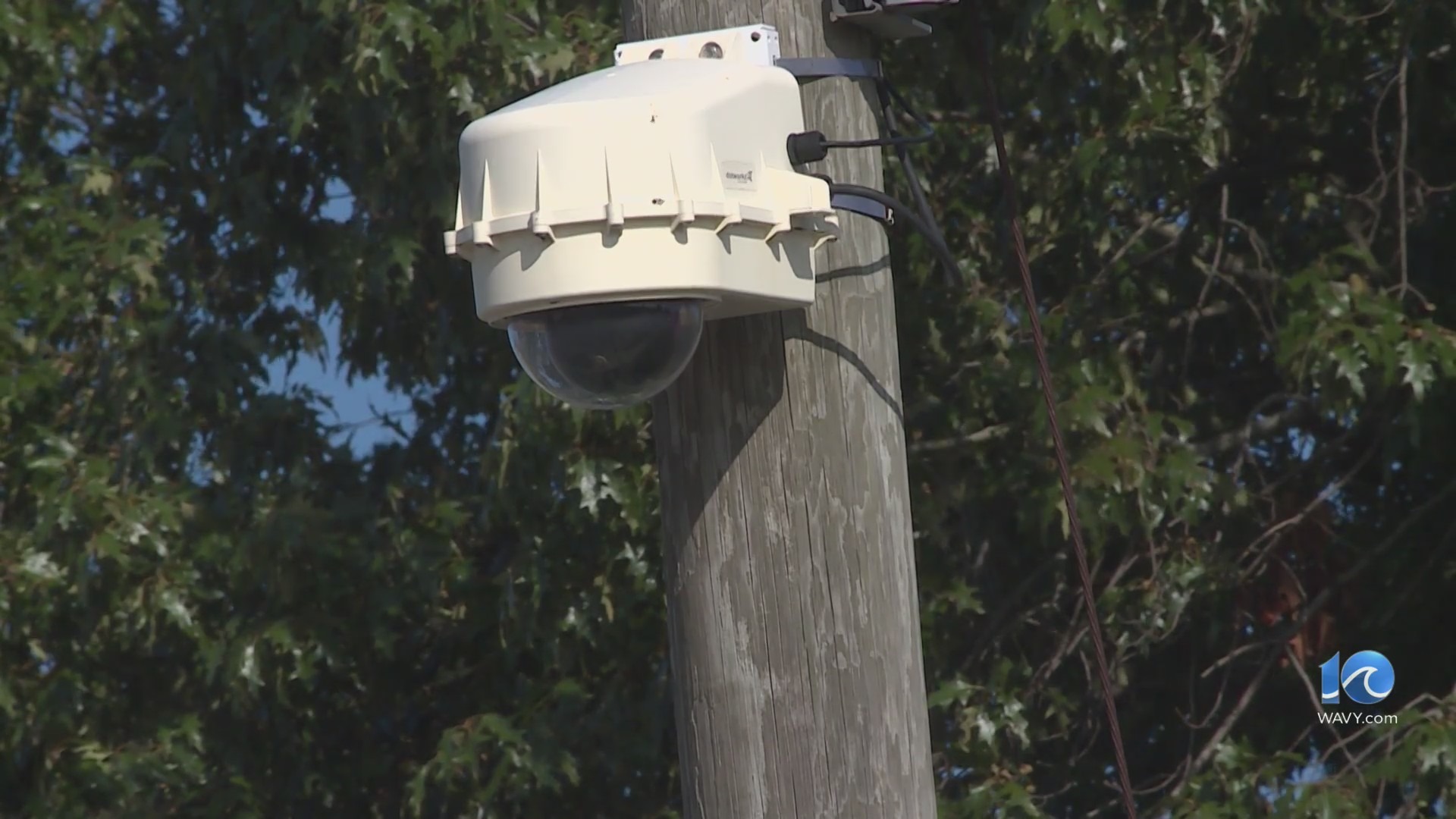NORFOLK, Va. (WAVY) – Lawyers for the City of Norfolk and Scotty Quixx appeared in Norfolk Circuit Court this week for an injunction hearing. The hearing comes about two months after Norfolk City Council voted to revoke the business’ conditional use permit (CUP) amid allegations that the owners weren’t properly reporting their sales.
The city put Scotty Quixx on notice in September, alleging that the business was in violation of its permit because their sales reports to the Virginia Alcoholic Beverage Control Authority (ABC) did not match up with the meal tax payments to the Commissioner of the Revenue.
Attorneys for the owners of Scotty Quixx argued their business was unfairly targeted and that the revocation of their CUP – necessary to operate after midnight – has caused them to effectively shut down.
Scotty Quixx isn’t the only downtown business to have its CUP revoked. The city has been cracking down on bars and clubs accused of violating the terms of their CUPs. City Manager Chip Filer promised to crack down on businesses in the wake of several high-profile shootings downtown this year.
Legal arguments on Wednesday centered around two main issues. The first is that the original CUP obtained by the parent company of Scotty Quixx, Oats Food Services 2 LLC, almost 10 years ago was erroneously made out to Oats Enterprises 2 LLC, the entity that owns the building. This issue raised the question of the validity of the CUP.
Lawyers for Scotty Quixx established that the permit application error was made by a city worker who handled it before the paperwork was submitted. Those attorneys also noted that the business has been paying taxes to the city for almost a decade under the Oats Food Services 2 LLC name, and that the city also paid out CARES Act money during the pandemic to that entity. Prior to the city’s actions against nightclubs, the error was never identified as an issue.
The second issue is a discrepancy in, and some confusion about the legality of, the business’s reported sales numbers to the ABC Board and Norfolk’s Commissioner of the Revenue.
Scotty Quixx co-owner Christopher Johnson took the stand to explain to the court the differences in their reported sales numbers to government agencies. One number, he said, reflects the total sales based on the product they’ve sold; the other shows sales figures with discounts like happy hour pricing factored in. Johnson said this is the same method the business has always used to report their sales.
Attorneys for the business argued the city unfairly targeted Scotty Quixx by revoking their CUP even though they hadn’t contributed to the violence plaguing the area and had kept up with their taxes to the city.
The sidewalk outside of Scotty Quixx was the scene of a shooting that injured one person in January 2019. In September, co-owner Al Ragas told 10 On Your Side that the shooter was a man who’d been asked to leave the club after he acted aggressively toward staff. Ragas said the man did not have a weapon inside the club, but got it from his car after security escorted him out.
The business’ attorneys said the city had identified eight businesses to shut down and had pursued three of them, including Scotty Quixx. Where Scotty Quixx is unique, the attorneys said, is that unlike the other businesses, they’ve never been put on the city’s audit list (the city’s first step when a business becomes delinquent in taxes) or notified about violations. They alleged the city is attempting to close businesses via rule enforcement, which violates the equal protections clause.
An attorney for the landlord and former owner, Scott Oats, argued that the city’s actions have had a ripple effect on the community, including negatively impacting him. A local real estate investor, David Lustig, took the stand to explain to the court how the closure actually diminished the value of the building itself. He had submitted an offer of intent to buy the property for $2.3 million, but rescinded it and submitted a new one for $1.5 million after the future of the business became uncertain.
Approximately half of the rent for the three-story building, which also includes residential units, comes from the portion Scotty Quixx occupies. If that business can’t pay rent, then it could make it difficult for the landlord to make mortgage payments, Oats said.
A Circuit Court judge heard arguments in the injunction hearing on Wednesday and Thursday, but has not made a decision yet. The judge will notify the city and business when they’ve reached a decision.































